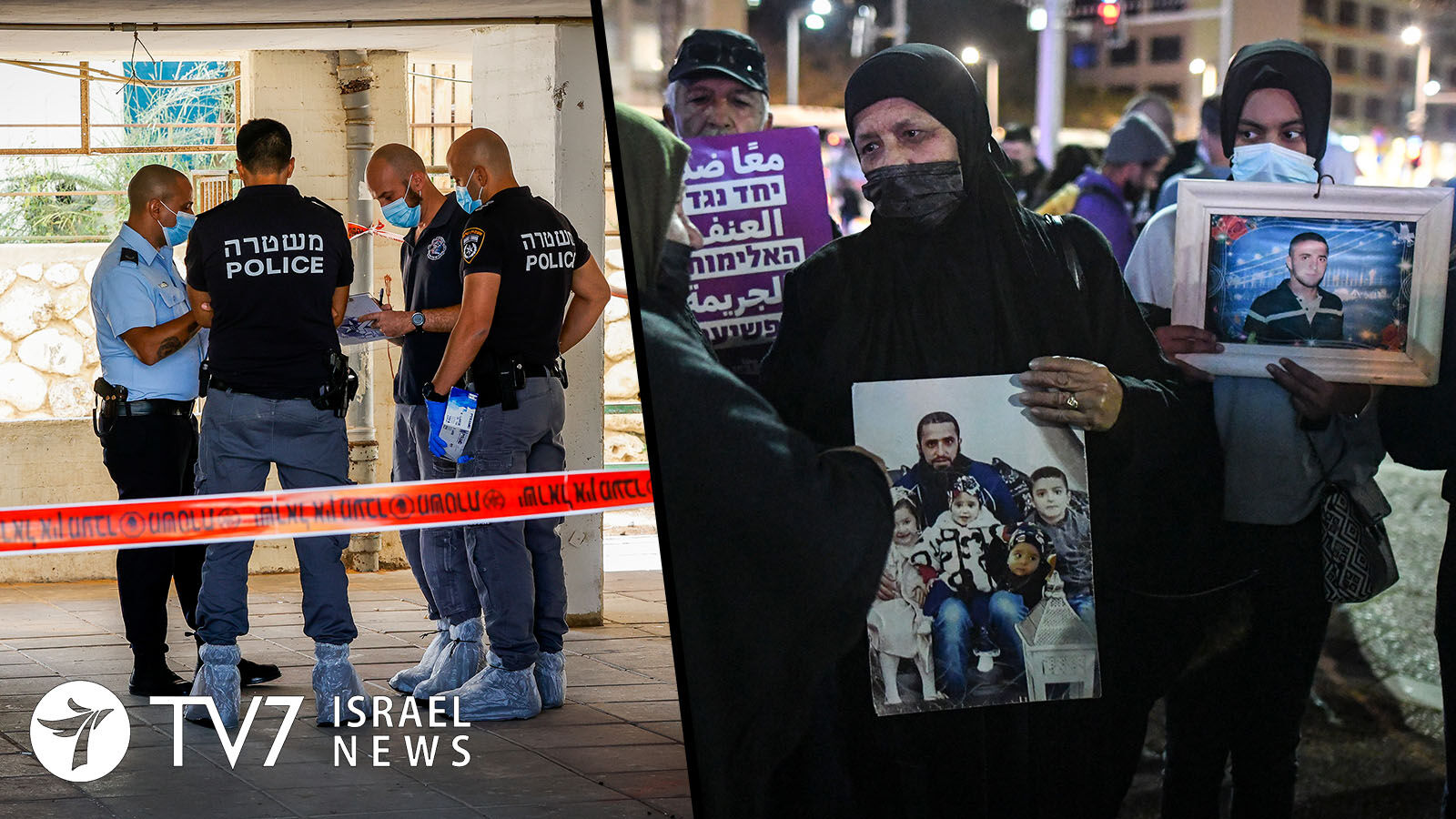The Israeli Cabinet has approved a four-year national plan aimed at eradicating escalating violence in the country’s Arab communities.
By Erin Viner
Crime in the Arab sector “is permeating the entire country,” said Israeli Prime Minister Naftali Bennett as he unveiled new multi-year plan, which will add ₪2.5 billion ($780 million or €671,377,980) toward the effort.
While wishing all government ministries success in the mission, the Israeli leader stressed that the objective is “not a one-sided task” by the government, but that the Arab public must do its part, as well.
The activity will be carried out in tandem with the government’s 6-month emergency operation led by Deputy Public Security Minister Yoav Segalovitz.
There has been a 250% increase of homicides since 2016 in the Arab sector, where about 70% of all murders in the country are committed even though the Israeli-Arab population makes up just over 20% of the population.
So far this year, about 96% of the more than 34,000 illegal weapons confiscated by Israeli security forces were seized from Arab criminals. 92% of the 5,000 suspects arrested in connection with gun crimes were also Israeli-Arabs.
According to a statement obtained by TV7 from the Prime Minister’s Office, the national plan to fight crime and violence in the Arab sector will be carried out between 2022 and 2026. It is based on strengthening law enforcement along with necessary changes to legislation, emphasizing economic and integrated enforcement (alongside traditional criminal enforcement), increasing governance and local authorities’ ability to deal with the matter, integration of ‘soft’ tools for treatment and prevention particularly focused on Arab youth lacking regular employment, academic or professional training; educational responses; rehabilitative frameworks and the bolstering of community resilience; improving inter-ministerial cooperation while maintaining close monitoring and control over implementation of the program.
Overall goals of the project are to increase the personal security of Israeli citizens in general and residents of the Negev and Arab citizens in particular by dismantling criminal organizations, eliminating illegal weapons held by Arab residents, increasing the confidence of the Arab public in the law enforcement system, encouraging greater cooperation and partnership by Arab representatives such as local council heads and the mayors of mixed cities in implementing the plan, while strengthening Arab community resilience and rejection against violence.
The Public Security Ministry and the Israel Police will actively coordinate action among the various ministries to include the passage of relevant legislation and creation of inter-ministerial teams to target issues such as illegal weapons.
The “unprecedented” plan conveys the government’s view that crime on the Arab streets “constitute a threat to the State of Israel,” said Public Security Minister Omer Bar-Lev, while charging that crime families are holding residents of the Arab sector “by the throat.”
The Israeli Cabinet also greenlighted a separate plan for the annual allocation of NIS 6 billion over the next 5 years toward advancement of the Arab sector to reduce the gaps in education, social welfare, women’s employment and the economic-municipal sphere.
This project “will deal with developing employment, municipal strengthening, improving health services, encouraging integration in hi-tech and technology professions and many other things,” vowed Prime Minister Bennett, adding, “The more we intensify education for mathematics and the sciences in the Arab sector and increase Arab participation in the hi-tech market, the more we will all gain.”
